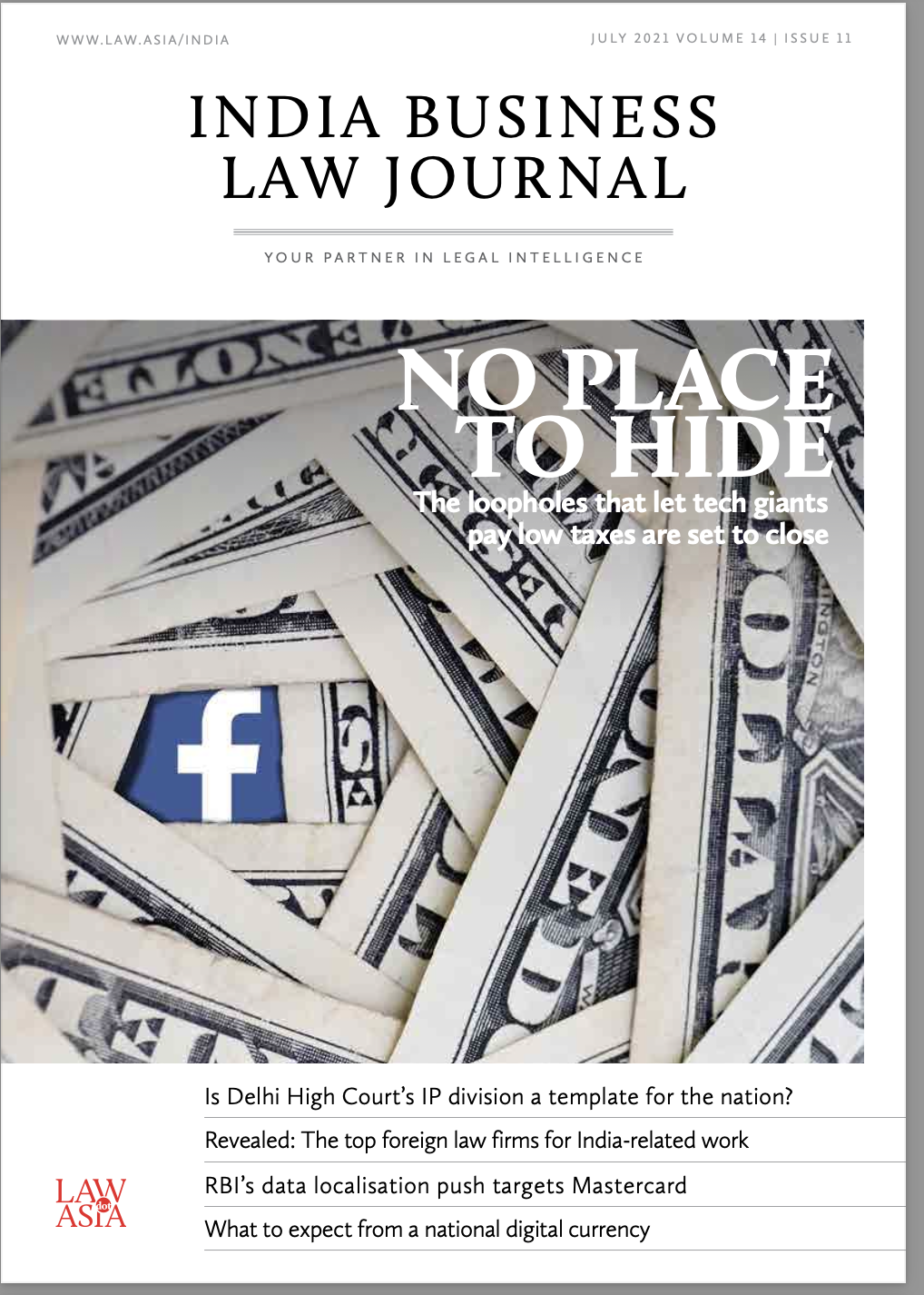Regulating for a slice of tech pie
Tax authorities across the globe have been denied access to big tech profits by strategies made possible because of the digitalisation of economies and the flattening of borders. But now, by the end of the year, the building blocks for what is described as “the largest overhaul of the international tax system in a century” should be in place. The global tax agreement will go a long way towards ensuring the fairness and integrity of tax systems that are currently riddled with gaps and mismatches with respect to tax rules.

This month’s Cover story provides an analysis of where matters stand with the global tax agreement being sought under the aegis of the Organisation for Economic Co-operation and Development (OECD). Pascal Saint- Amans, director of the OECD Centre for Tax Policy and Administration, says all countries including China, India and other Asian countries, stand to benefit if companies stop using aggressive tax optimisation strategies to move profits to low or no-tax jurisdictions. But more needs to be done before a solution emerges where the digital economy finally pays its fair share of taxes and does not continue to take advantage of global tax havens.
Our coverage includes insights from Akhilesh Ranjan, a former bureaucrat who led India’s initiative in an OECD effort to stop multinationals from exploiting gaps and mismatches in tax rules. Ranjan says the implementation of the new rules may take a couple of years and create additional- al complexities for taxpayers, as countries are unlikely to implement the rules in the same way and at the same time.
Meanwhile, this month we introduce The briefing – a new section for current legal affairs analysis. This issue we look at the consequences of a recent ban on Mastercard from adding new customers in India. Mastercard reportedly accounts for one-third of card payments in India and investment bankers say this sledgehammer approach has sent the wrong message to investors. More immediate is the question of whether the banks that issue cards using Mastercard’s networks have any options? With American Express and Diners Club facing similar strictures, we consider what the push for data localisation means for financial services providers and companies in general.
In Rupee reboot we consider the implications for the country’s financial system with the planned introduction of an official digital currency. The Reserve Bank of India has indicated it is considering a central bank-issued digital currency as a substitute for private cryptocurrencies such as Bitcoin, which has no legal issuers and cannot be judged as money or currency. An official digital currency is expected to be secure and hold value, but questions surround the nitty-gritty of how it will be issued and regulated.
In this month’s Vantage point, KS Kardam, a former senior official at the Indian Patent Office, offers an expert opinion on the new IP division at Delhi High Court, to which about 3,000 cases pending before the now-defunct Intellectual Property Appellate Board (IPAB) have been transferred. While the high court is formulating rules for this newly created division, Kardam is concerned about whether it can overcome existing challenges as well as those faced by the IPAB, which ceased to exist earlier this year. It remains unclear whether all high courts in India will create similar IP divisions and, more importantly, if an easily accessible, cost-effective and sustainable system for resolving IP disputes can be structured within the existing legal framework.
This month’s Intelligence report presents India Business Law Journal’s selection of the top foreign law firms for India-related work. Now in its 15th year, our report draws on an analysis of more than 600 law firms from every continent that have recorded deals and disputes with an Indian element in the past 12 months.
Among the firms singled out for top billing this year are two new entrants: Bird & Bird and White & Case. Interestingly, both firms have built on their strong track record to attract big-name lawyers. In April, Nicholas Peacock, former head of India disputes practice at Herbert Smith Freehills, moved to Bird & Bird, and a month later, White & Case scored a win with capital markets expert Rahul Guptan migrating from Clifford Chance. Clients have been watching with interest.
The global pandemic has ensured that the road ahead will not be without hurdles, but our report suggests that law firms have what it takes to get their clients through these tough times.


























